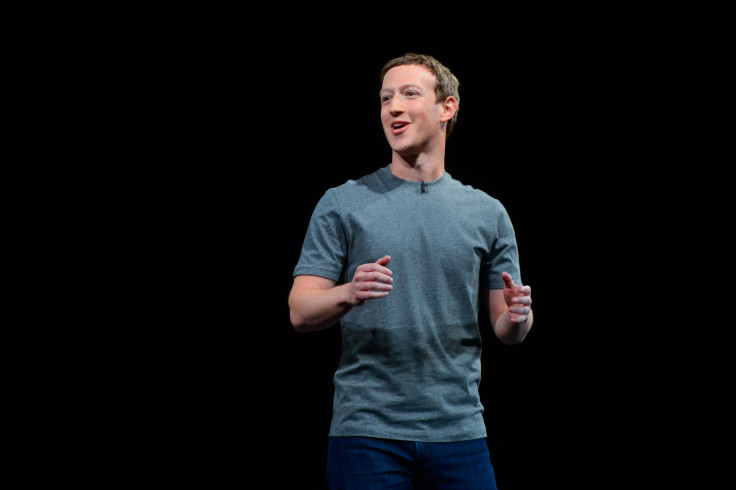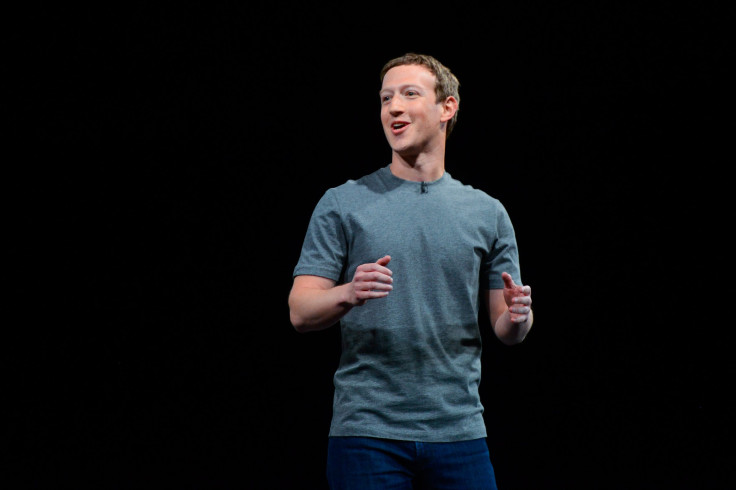Mark Zuckerberg EU Parliament Testimony: Livestream Info, Start Time For Facebook CEO's Meeting

Facebook CEO Mark Zuckerberg promised last week to privately meet with members of European Union Parliament to discuss data safety in the wake of the wide-reaching Cambridge Analytica scandal.
However, the meeting will no longer be private, as Zuckerberg’s testimony in Brussels instead can be seen in a livestream.
E.U. Parliament President Antonio Tajani on Monday morning confirmed the report on Twitter, calling it “great news for EU citizens.” The stream can be viewed on the governing body’s website when it goes live around 12:20 p.m. ET time on Tuesday, according to Engadget.
I have personally discussed with Facebook CEO Mr Zuckerberg the possibilty of webstreaming meeting with him. I am glad to announce that he has accepted this new request. Great news for EU citizens. I thank him for the respect shown towards EP. Meeting tomorrow from 18:15 to 19:30
— Antonio Tajani (@EP_President) May 21, 2018
Tajani originally confirmed Zuckerberg would meet with members of Parliament last Wednesday, in what was initially going to be a closed-door session. Zuckerberg, who testified before Congress in April, will address data safety concerns that arose after election consulting firm Cambridge Analytica harvested the data of around 87 million Facebook users without their knowledge.
Up to 2.7 million E.U. citizens had their Facebook information shared without their consent with Cambridge Analytica, a now-defunct U.K.-based analytics company.
Several members of E.U. Parliament protested the decision to conduct the meeting privately due to its importance. Zuckerberg, who was offered the option to testify through a video link, agreed to provide evidence in person. The decision comes as the E.U. plans to introduce stricter data protection rules and amid calls for more efforts to combat hate speech and fake news.
Facebook, which was founded in February 2004, has roughly 2.2 billion active users.

Public scrutiny on Facebook has been at an all-time high due to the Cambridge Analytica scandal and the social network’s role in proliferating fake news ahead of the 2016 presidential election.
In an effort to promote transparency, Facebook published numbers on exactly how many fake accounts it had to delete during the previous quarter last week.
© Copyright IBTimes 2024. All rights reserved.











